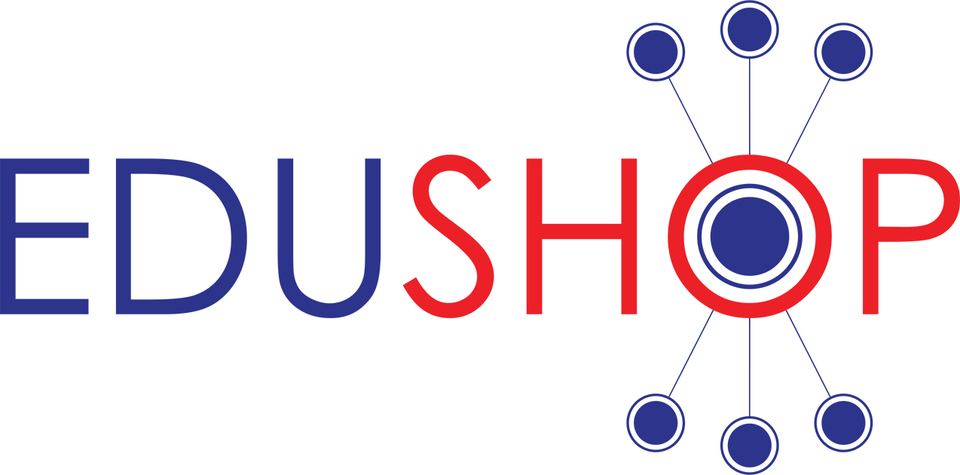- Home
- Numicon NZ Website
- About Us
- Numicon
- Numicon Conference 2025
- Professional Development/Events
- Webinar Recordings
- Login
- Contact
- Join Mailing List
Connecting Arithmetic to Algebra
Information
"To truly engage in mathematics is to become curious and intrigued about regularities and patterns, then describe and explain them. A focus on the behavior of the operations allows students starting in the familiar territory of number and computation to progress to true engagement in the discipline of mathematics."
-Susan Jo Russell, Deborah Schifter, and Virginia Bastable
Algebra readiness: it's a topic of concern that seems to pervade every school district. How can we better prepare elementary students for algebra? More importantly, how can we help all children, not just those who excel in math, become ready for later instruction? The answer lies not in additional content, but in developing a way of thinking about the mathematics that underlies both arithmetic and algebra.
Connecting Arithmetic to Algebra invites readers to learn about a crucial component of algebraic thinking: investigating the behavior of the operations. Nationally-known math educators Susan Jo Russell, Deborah Schifter, and Virginia Bastable and a group of collaborating teachers describe how elementary teachers can shape their instruction so that students learn to:
*notice and describe consistencies across problems
*articulate generalizations about the behavior of the operations
*develop mathematical arguments based on representations to explain why such generalizations are or are not true.
Through such work, students become familiar with properties and general rules that underlie computational strategies-including those that form the basis of strategies used in algebra-strengthening their understanding of grade-level content and at the same time preparing them for future studies.
Each chapter is illustrated by lively episodes drawn from the classrooms of collaborating teachers in a wide range of settings. These provide examples of posing problems, engaging students in productive discussion, using representations to develop mathematical arguments, and supporting both students with a wide range of learning profiles.
Associated Items
View your shopping basket or Browse other items in All Books from Edushop.

